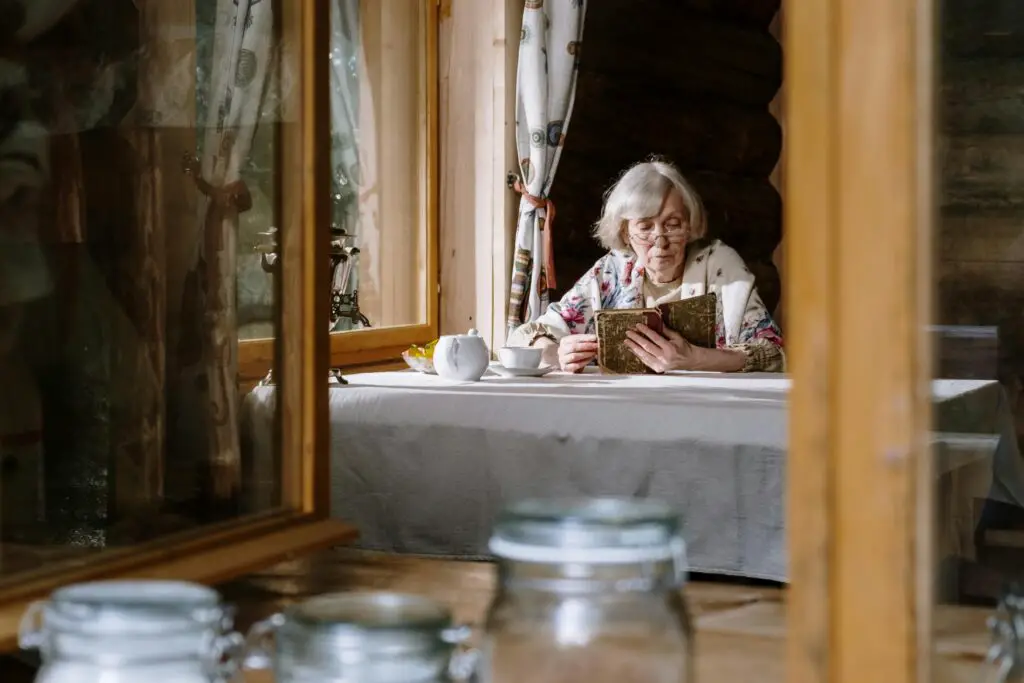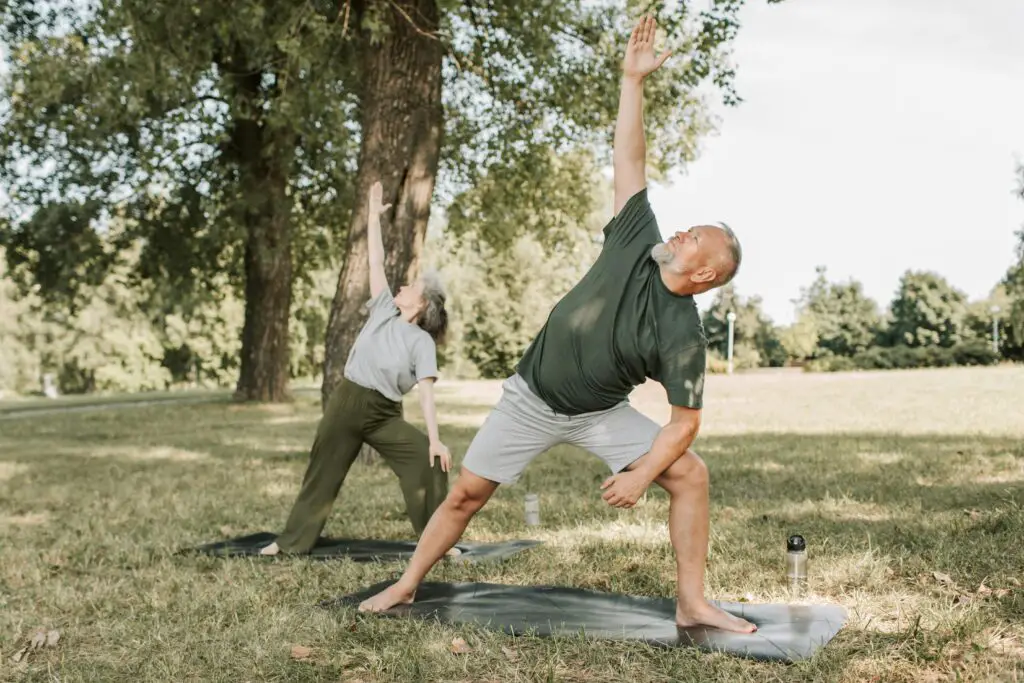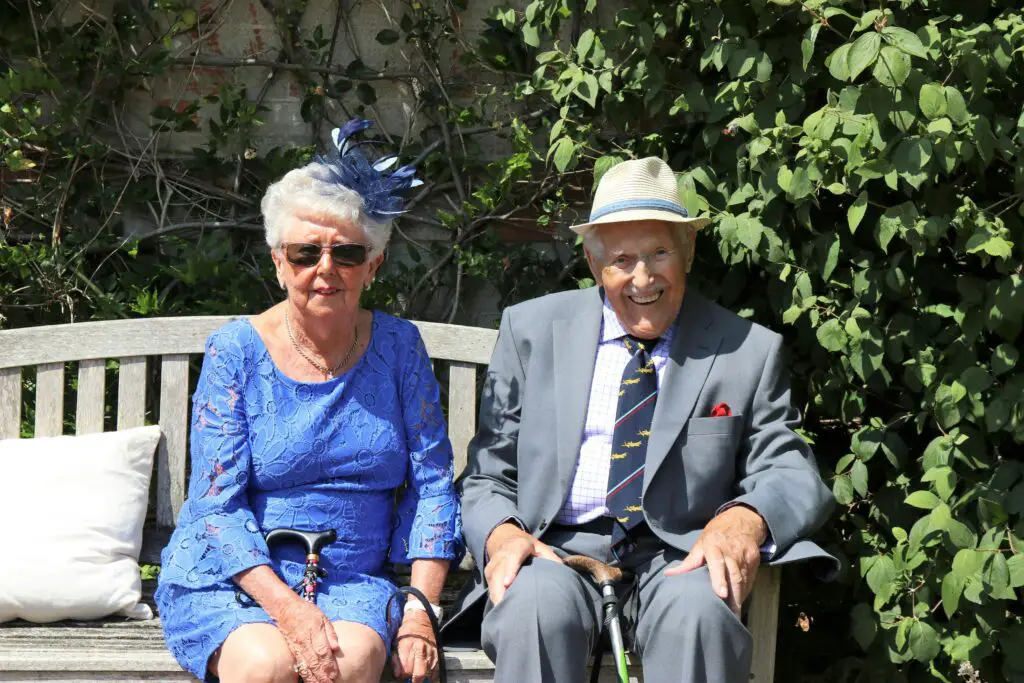1. Your Schedule Might Feel Strangely Empty

When you first dream about retirement, it sounds like endless freedom. But when the time actually comes, the days can feel a little too wide open. Without work structuring your week, it’s surprisingly easy to lose track of what day it even is. A lot of retirees talk about feeling adrift at first, even if they have hobbies lined up shares the New York Times.
It takes a while to create a new rhythm that feels good. You might have to put some effort into planning your weeks just to keep a sense of purpose. Picking regular volunteer days or setting up lunch dates helps. Otherwise, it’s all too easy to fall into long, lazy stretches that leave you feeling restless says NBC News.
2. Friendships Can Shift in Unexpected Ways

You think you’ll have more time to see your friends, and while that’s true, not everyone’s on the same page. Some of your old coworkers might drift away once you’re no longer sharing office gossip or coffee breaks. Friends who are still working full-time might not have the flexibility to meet up when you’re free shares Bankrate.
At the same time, you might find yourself building new friendships with people you never expected. Neighbors, club members, or even old acquaintances pop back into your life in interesting ways. It’s important to stay open and not take it personally when some connections fade. Retirement changes your social landscape whether you want it to or not says Age UK.
3. You’ll Spend More Money Than You Planned

No matter how carefully you crunch the numbers, surprises happen. Healthcare costs, home repairs, and even all those fun travel plans add up fast. When you finally have time to do all the things you dreamed of, it’s easy to overspend in the early years.
Many retirees say they wish they had built in a bigger financial cushion. Budgeting is still just as important in retirement, even if it feels like you’re “done” planning. Learning to pace your spending is key to making your money last. It’s a tough lesson when you thought you had it all figured out.
4. Healthcare Becomes a Bigger Focus

Even if you felt pretty healthy when you first retired, little things start popping up. A knee that aches, a back that acts up, or an unexpected diagnosis can suddenly reshape your plans. Medical appointments start to take up a surprising chunk of your calendar.
You may even find yourself picking activities and vacations based on how easy they are physically. It’s a strange feeling when your body starts setting more limits than your schedule does. Staying active and getting regular checkups helps, but you can’t predict everything. Health truly becomes the foundation everything else depends on.
5. You Might Miss Having a Title

For years, you were a manager, a teacher, an engineer—whatever your role was, it was part of your identity. Suddenly, you’re not introducing yourself that way anymore. It can feel weird not having that ready answer when someone asks, “So, what do you do?”
Some people are surprised by how much they miss the sense of purpose and recognition. It doesn’t mean you didn’t want to retire—it’s just a big shift in how you see yourself. Finding new ways to define who you are, beyond your career, becomes important. It’s a chance to rediscover passions and interests you might have set aside.
6. You’ll Need More Structure Than You Think

Freedom sounds amazing, but total freedom can feel overwhelming. Waking up with absolutely nothing planned sounds like a dream until you realize it’s not very fulfilling every day. Creating a loose schedule—even just a morning routine—makes a huge difference.
Some retirees join clubs, take classes, or set up weekly traditions just to add structure. It’s not about being busy for busy’s sake; it’s about having something to look forward to. Planning small goals each week keeps life feeling meaningful. Otherwise, days can start blending together in a way that feels unsettling.
7. Family Dynamics Can Change

When you retire, you suddenly have a lot more free time—but your family might not. Adult kids are busy with their own lives, and grandkids might only be available during brief windows. It’s easy to imagine you’ll spend tons of time with them, but schedules don’t always line up.
Some retirees even find themselves stepping into caregiving roles for aging parents or spouses. The family landscape can shift quickly and sometimes in ways you didn’t see coming. It’s important to communicate openly about expectations. Retirement can bring wonderful family moments, but it’s not always the picture-perfect scene you envisioned.
8. Hobbies Don’t Always Fill the Gap

Everyone talks about having hobbies ready when you retire, and that’s great advice. But even your favorite hobbies can only fill so much time. What used to feel like a perfect weekend activity might not feel as exciting when it’s your whole week.
Sometimes retirees realize they need more variety to stay energized. Learning new skills, traveling, volunteering, and social events all help round things out. It’s okay if your hobbies change or evolve too. Staying curious and willing to try new things keeps life feeling rich and full.
9. Loneliness Can Sneak Up on You

Even if you’re surrounded by people, retirement can feel isolating at times. You lose daily interactions with coworkers, casual chats at lunch, and even the sense of being needed. It’s a different kind of quiet that can catch you off guard.
The good news is you can build a new community—but it takes effort. Joining clubs, attending community events, or just saying “yes” more often helps create new connections. It’s important not to wait for loneliness to get overwhelming before you reach out. Staying socially active is just as important for your health as staying physically active.
10. Travel Isn’t Always as Easy as You Imagine

Everyone dreams about traveling more in retirement, and it’s definitely a highlight. But constant travel can be tiring, expensive, and complicated. Packing, flying, and navigating new places isn’t quite as effortless as it used to be.
Sometimes you realize you actually prefer shorter trips or even exploring closer to home. Health issues, financial constraints, and plain old fatigue can change your travel plans. It doesn’t mean you can’t enjoy new adventures—you just might need to pace yourself. Flexibility becomes your best friend when it comes to seeing the world.
11. Downsizing Is Harder Than It Looks

Getting rid of years’ worth of stuff sounds simple in theory. In reality, it’s an emotional rollercoaster. Every box and closet seems to hold memories you didn’t expect to confront. Saying goodbye to a family home can feel like closing a chapter you weren’t quite ready to end.
Even though downsizing makes a lot of sense financially and practically, it’s not easy. Give yourself time and grace through the process. It can help to focus on what you’re gaining rather than what you’re losing. A fresh start can be exciting once you get through the hard parts.
12. You Might Feel Guilty About Relaxing

After decades of working hard, relaxing should come naturally, right? But for a lot of retirees, slowing down actually brings guilt. You’re so used to being productive that it feels wrong to just sit and read for hours or spend a whole afternoon gardening.
It takes a real mental shift to remember you’ve earned this time. Rest isn’t laziness—it’s a reward. Learning to enjoy downtime without judgment is a whole new skill. The sooner you embrace it, the happier your retirement will be.
13. You’ll Keep Learning About Yourself

Retirement reveals parts of you that were hidden by the daily grind. Without the pressure of work, you start noticing what truly makes you happy—or what doesn’t. Some people discover new creative passions, while others realize they crave more structure than they thought.
It’s exciting and sometimes a little uncomfortable to meet this new version of yourself. Growth doesn’t stop just because your career did. Staying open to change makes retirement an ongoing adventure. It’s a time for rediscovery, not just rest.
14. You May Need New Dreams

If your big dream was simply to retire, what comes next? Many retirees find themselves surprised by how important it is to have fresh goals. It doesn’t have to be something huge—it could be learning to cook better, traveling to new places, or volunteering regularly.
Dreams give your days meaning and direction. Without them, retirement can feel strangely empty. It’s okay to start small and let your new dreams evolve naturally. Having something to look forward to makes all the difference.
15. Retirement Is a Bigger Adjustment Than You Expect

No matter how ready you feel, retirement is a huge life transition. It’s like graduating from a long, intense school that took up most of your adult life. There’s excitement, sure, but there’s also grief for what you’re leaving behind. That emotional mix can catch you off guard.
Give yourself patience and time to adjust. Some days will feel amazing, and others might feel confusing or even sad. That’s completely normal. Retirement is a journey, not just a destination.
